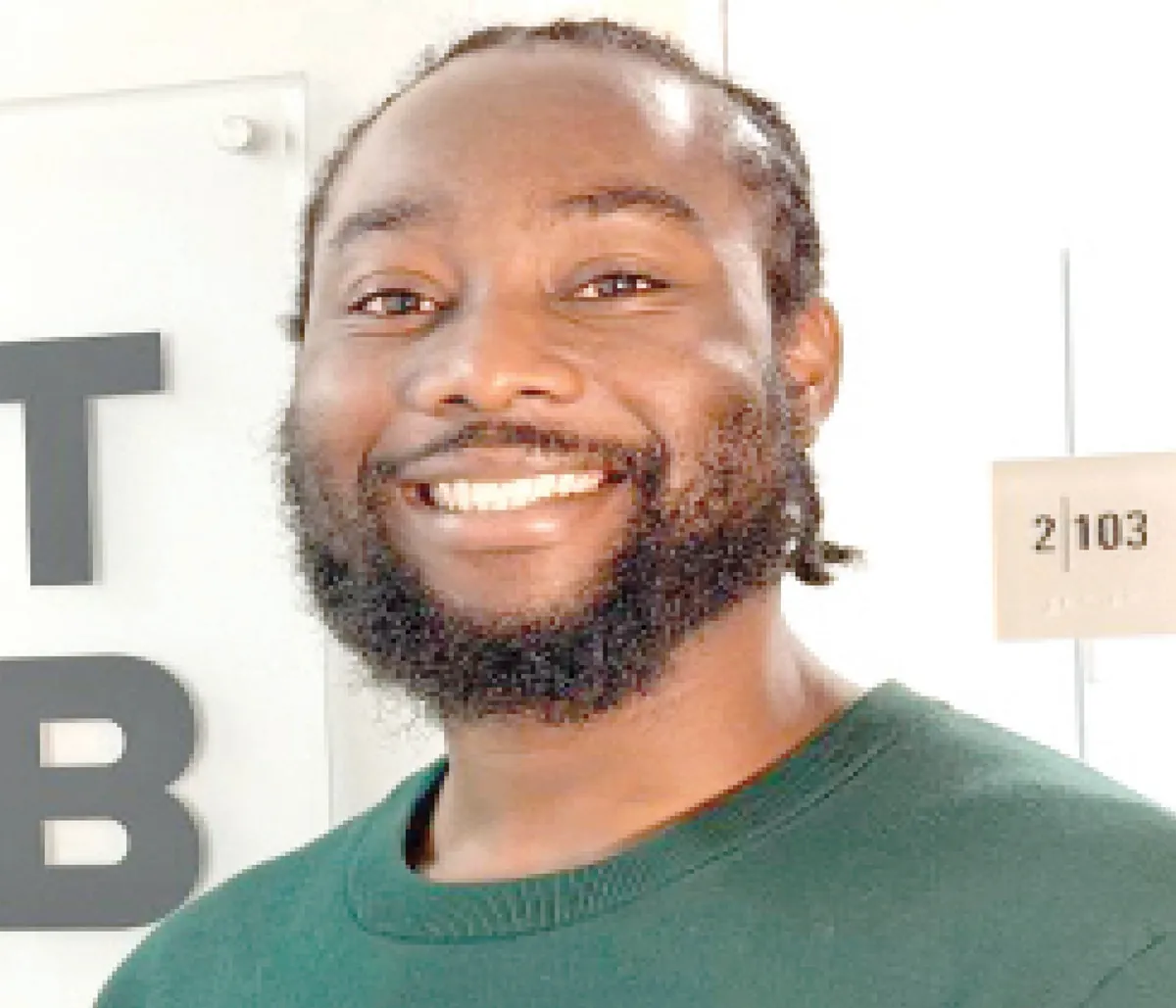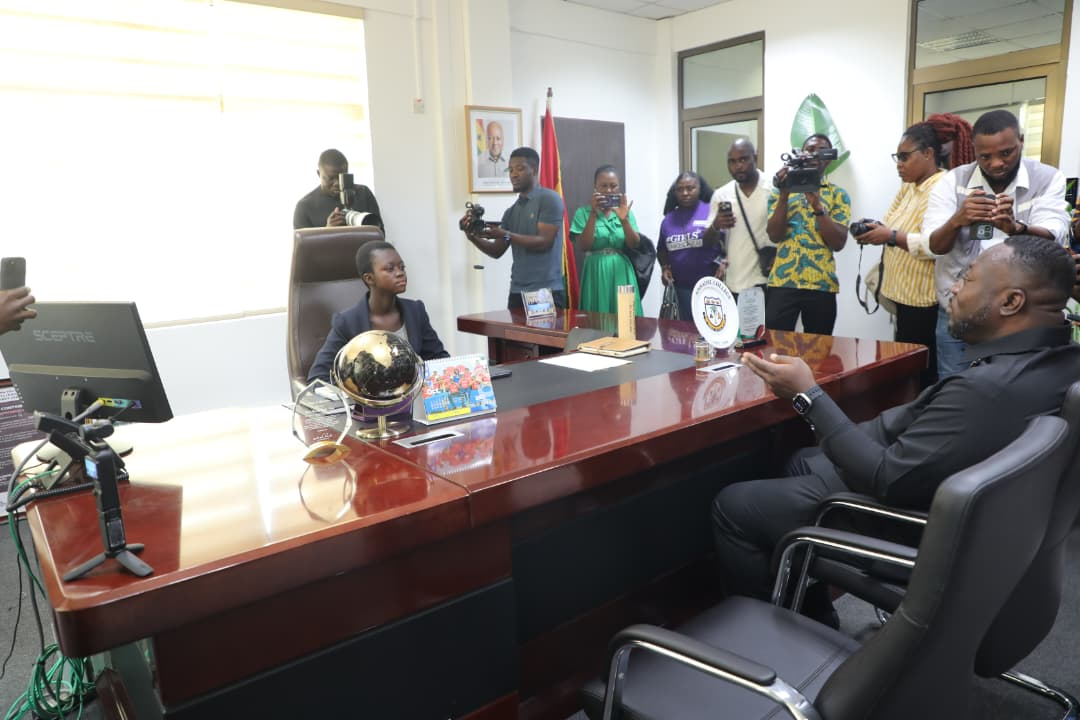Copyright tribuneonlineng

In this interview, Iheanyi Genius Amaraizu, EduTech, Migration expert at Brainfacio Educational Organization, researcher at Humanity and Technoscience (HAT) Lab of Northwestern University in Chicago, USA, speaks with CHRISTIAN APPOLOS, on skills mismatch, Japa migration, and how Nigeria can realign education, technology, and labour for inclusive growth. How can the government restructure education and vocational systems to produce graduates equipped for the realities of a tech-driven economy?” You are very correct. Nigeria’s unemployment problem isn’t just about not having enough jobs, it’s also about not having the right people to fill the jobs that do exist. Think of it like a puzzle with two missing pieces: one is job creation, and the other is skill development. Both need to fit together for the picture to make sense. Let’s start with the obvious: unemployment in Nigeria is real and persistent. Every new government promises change, but the numbers don’t improve much. And it’s not just Nigeria, many countries are still struggling with job recovery after COVID-19. But we need to be honest with ourselves: we have a crisis at our fingertips. Now, about the skills mismatch. We have thousands of young people graduating every year, but many of them aren’t landing jobs. Why? Because the jobs that are available require skills they don’t have. And it’s not just about technical skills like engineering or medicine. It’s also about things like problem-solving, communication, and the ability to think critically. These are the most essential skills in today’s fast-moving, tech-driven world. Here’s the thing: Nigeria has over 200 universities and colleges, and they graduate more than half a million students annually. That’s a lot of brainpower. So why are we still talking about a skills gap? The problem isn’t just what students are learning, it’s how they’re learning. But I think this particular issue is beyond the higher institutions. We have to go back to the foundational institution. Take, for example, our primary and secondary education system for a very long time focused on exit exams like WAEC and NECO, rather than preparing students to solve real-world problems. The first solution example I have led is the redesigning of our secondary education curriculum in Nigeria, which was previously too focused on knowledge-based exit exams (like WAEC, NECO, and GCE). This older curriculum failed to adequately incorporate vital skills like problem identification and solving, communication, and critical thinking. At my organisation, we have engaged stakeholders in this effect. The government must adjust more intently to this regard by hiring seasoned professionals to create a “living curriculum” that centres on these essential skills rather than just preparing students for tests. The second example is the digital education project for secondary school-aged students we have carried out over the years. While the project involved training students in technical skills like coding and design, its more important feature was embedding technological thinking. By technological thinking, I mean problem-solving through both experience and imagination, and this involves critical analysis and communication. Expanding this to a train-the-teacher program, was also a successful approach, emphasising how teachers of all subjects can incorporate technological thinking and problem-solving into their lessons. Imagine a Civic Education teacher helping students explore local issues and brainstorm creative solutions. Or an Agriculture teacher guiding students to think about how farming could be improved in their area. This kind of teaching makes learning relevant and practical. And also, this approach aligns with global education policy circles, which recognise the value of STEAM (Science, Technology, Engineering, Arts, and Mathematics). This is not new. Other countries have done this successfully. For example Finland revamped its entire education system to focus on creativity, collaboration, and real-world problem-solving. Students don’t just learn subjects, they learn how subjects connect to everyday life. Singapore is another example that introduced a “Teach Less, Learn More” policy, which shifted the focus from rote learning to developing critical thinking and innovation. Nigeria can learn from these examples. But we don’t need to copy them exactly, we need to build a system that works for our own context. That means starting early, in primary and secondary schools. From a labour policy standpoint, what concrete steps should government and private sector employers take to make staying and working in Nigeria a viable and dignified option for skilled workers? To be honest, I think there is nothing wrong with young professionals leaving Nigeria to chase better opportunities abroad. In fact, many of them send back money that supports families and boosts the economy. We are talking about millions of dollars in remittances annually. The real issue is when this trend becomes a one-way street, draining our most skilled workers from critical sectors like healthcare, education, and tech. That’s when it stops being a gain and starts becoming a serious loss. From a labour policy perspective, the government has to take the lead, especially in sectors like health and education, where the brain drain is most severe. Private companies can help, but the real change starts with public policy and implementation. Let’s break it down. You mentioned making jobs viable and dignified. Viable means people can survive and grow in their careers. Dignified means they’re respected, supported, and treated fairly. Sure, better pay is part of the solution, but it’s not the whole story. A good place to start is with the people who build the workforce: teachers and educators. If we want skilled workers to stay, we need to invest in those who train them. That means better salaries, better working conditions, and policies that show we value their role. Imagine if teachers had benefits and job security similar to what legislators enjoy. That kind of respect would ripple through the entire system. For private companies, the role they can play is by offering flexible work arrangements, mentorship programs, and opportunities for innovation. But without strong government support and policy reform, it’s hard to make staying in Nigeria a truly attractive option. On leveraging the Nigerian diaspora’s knowledge for national development. How can Nigeria create practical frameworks that link diaspora expertise and innovation with local industry, labour institutions, and education systems to address the country’s productivity and skills gaps? First off, we need to stop treating “Japa” as a bad thing. People leave for better opportunities, and that’s okay. In fact, many of them send money home and support their families, which helps the economy. What we should be doing is redefining “Japa” to mean going abroad for the benefit of home. The Igbo, we have a saying, “Akụ ruo ụlọ” meaning “wealth must reach home,” and it captures this perfectly. To really tap into the power of the Nigerian diaspora, we need a national strategy that connects their knowledge, skills, and innovation with what’s happening here at home. This means reaching out not just to those who recently left, but also to those who’ve been abroad for years, and even to the broader African diaspora. Ghana’s “Year of Return” campaign is a great example. They invited Black Americans to visit, invest, and even apply for citizenship. Nigeria can do something similar, but with a stronger focus on knowledge exchange and innovation. One of the best ways to do this is through our universities and research institutions. Imagine the richness when we have in abundance Nigerian universities partnering with diaspora professionals to co-develop research projects, run guest lectures, or even mentor students remotely. These kinds of collaborations could be led by education ministries, labour institutions, or even private sector players. Practically, think of a national portal where diaspora professionals can register their expertise, connect with local industries, and contribute to projects in education, health, agriculture, or tech. We could also offer incentives like tax breaks for diaspora-led investments, or fast-track visas for those coming to teach or train. The key is to make it easy and worthwhile for diaspora Nigerians to plug into national development. Whether it’s through mentorship or other joint ventures, their experience can help close the productivity and skills gap we’re facing. In short, we don’t need to fight the “Japa” wave, we need to ride it smartly. By building bridges between diaspora expertise and local institutions, we can turn brain drain into brain gain. Your work highlights the need for a humanity-focused approach to technology adoption. In an age where automation and artificial intelligence are reshaping work, how can Nigeria ensure that technological innovation enhances rather than replaces human labour especially as automation and AI reshape industries globally, while protecting workers’ rights and well-being? When we talk about technology, we need to shift our mindset. Automation and AI is not here to replace people; it’s here to make life better. But making life better also means letting go of outdated, unsafe jobs. For example, we still have elderly women sweeping roads with brooms. That’s not just inefficient, it’s unsafe. Machines can do that job faster and better, but they still need people to operate and maintain them. So instead of losing jobs, we’re shifting the kind of jobs people do. In my work with the Humanity and Technoscience (HAT) Lab at Northwestern University, we explore how science and technology affect real people, not just in theory, but in everyday life. We look at how different contexts, cultures, and countries experience tech differently, and how those experiences shape policies and innovation. The goal is to make sure technology works with people, not against them. In Nigeria, we need to apply this thinking to our own context. That means investing in research to understand how technologies like AI and automation affect our communities, industries, and education systems. Once we understand that, we can build frameworks that guide how we use these tools, especially in areas like education, healthcare, and agriculture. Some examples of what we can do to mitigate some of these negative fears in the labour industry is by creating tech transition programs that retrain workers for new roles. But beyond this, skepticism over the embrace of technology in labour is usually because we need to develop better worker protection policies that ensure fair wages, safe working conditions, and mental health support in our labour sector. Looking at Nigeria’s evolving “labour waves”; from the era of aspiring to be doctors and lawyers, to tech enthusiasts, and now to the “I want to japa” generation. How can we intentionally build a new labour wave centered on national commitment, innovation, and inclusive development, especially among young Nigerians disillusioned with the country’s economic realities? Like I mentioned before, the “I want to japa” mindset isn’t necessarily a bad thing. People are reacting to tough economic realities, and it’s completely valid to want a better life. But once we acknowledge that truth, we can start building hope around the kind of future we want to create, not just the one we want to escape from. Honestly, we don’t need another trendy labour wave. The problem isn’t the wave itself, it’s the mindset behind it. In the past, people wanted to be doctors or lawyers because those jobs promised stability and status. Then came the tech wave, where “tech bros” became the new dream. Now, it’s all about leaving the country. But in all these shifts, the focus has mostly been on personal gain, not community growth. If we’re serious about building a new kind of labour movement, it has to be rooted in purpose. We need to ask: what kind of work helps our communities thrive? What kind of careers move Nigeria forward? And most importantly, what is our collective dream as a nation? This isn’t just a question for government or policymakers. It’s a question for all of us. If we don’t know what we’re working toward together, how can we build a labour wave that’s truly meaningful? I remember when the late Dora Akunyili, as Nigeria’s Minister of Information, launched a determined effort to change the country’s image by promoting the slogan “Good people, great nation!” Growing up, I was slowly internalising this mantra as our national dream, but that was cut short pretty quickly. So to young Nigerians feeling disillusioned. Whatever path you choose, whether tech, medicine, arts, education, whatever, do it with purpose. Do it for your community. That’s how we build a labour wave that’s not just trendy, but transformative.



